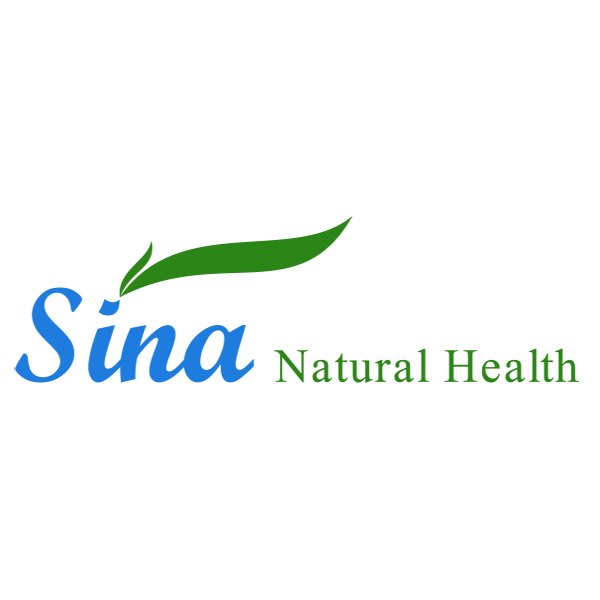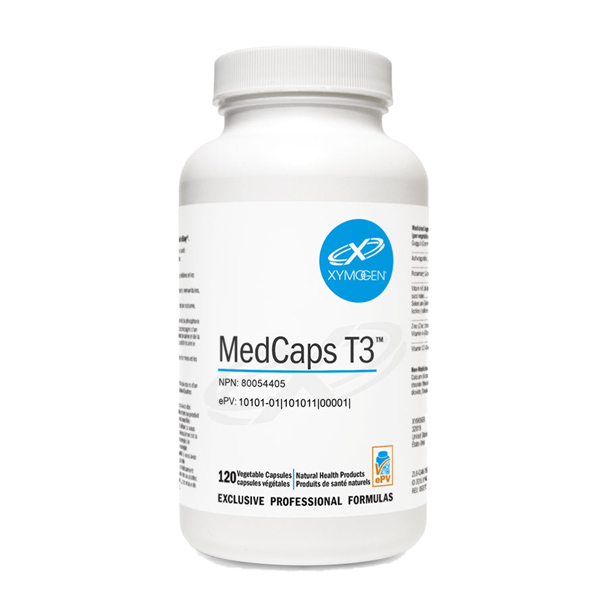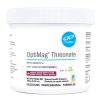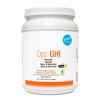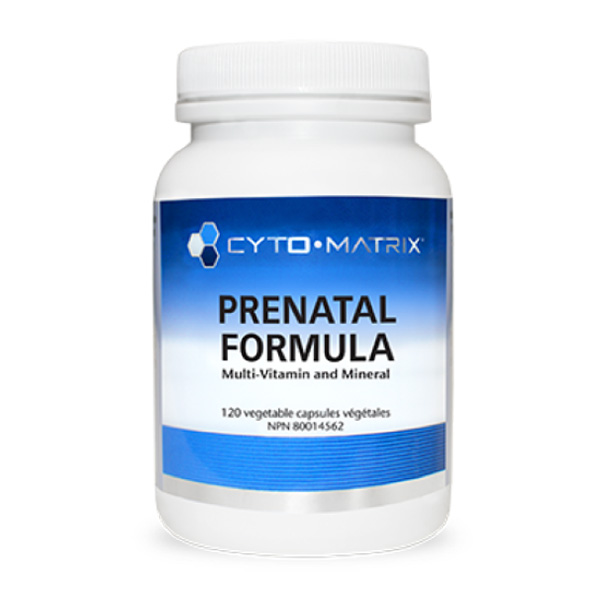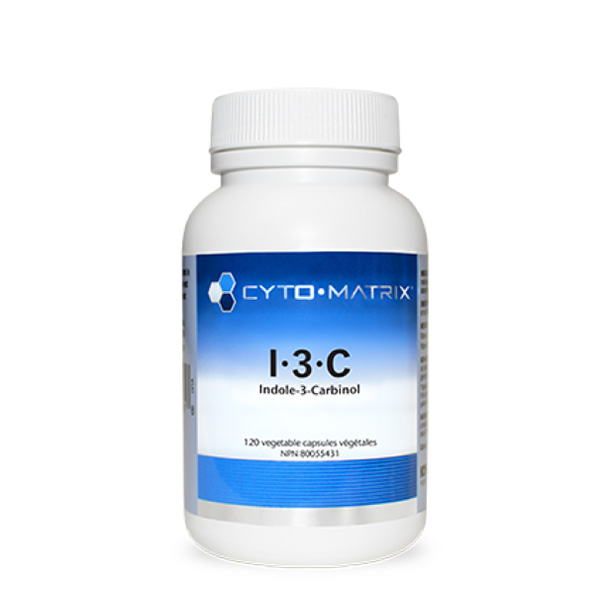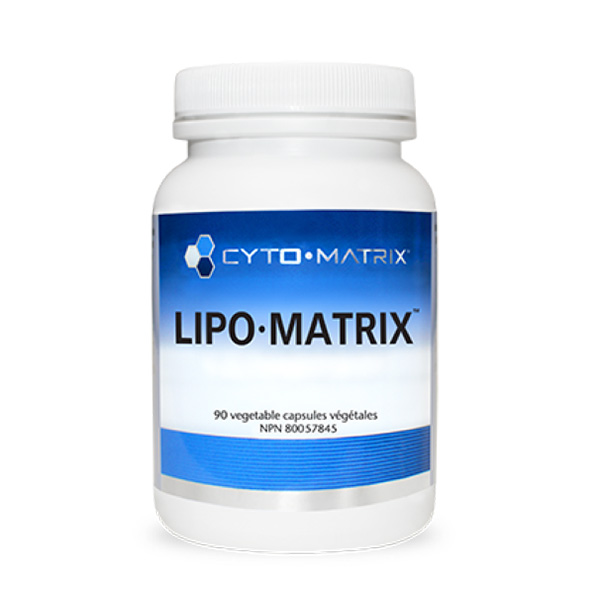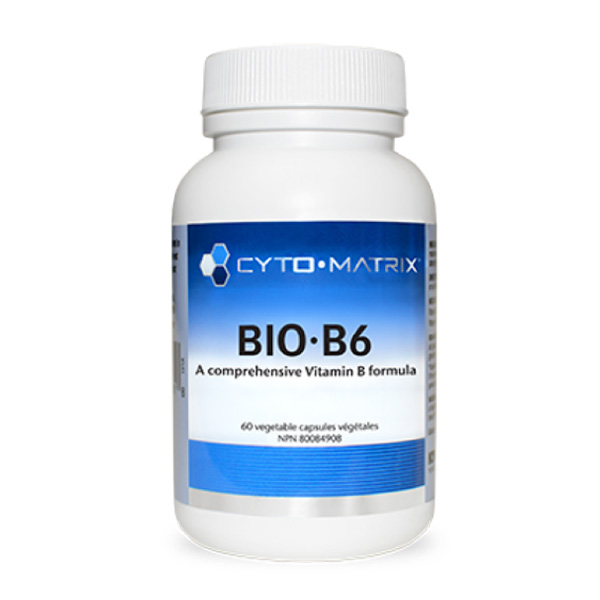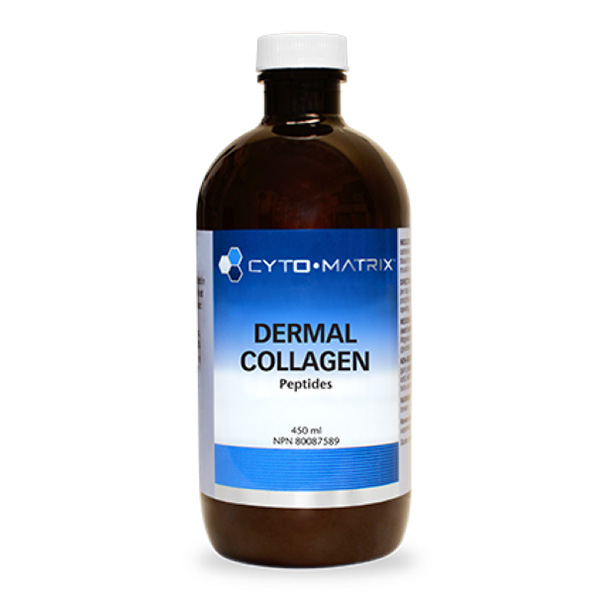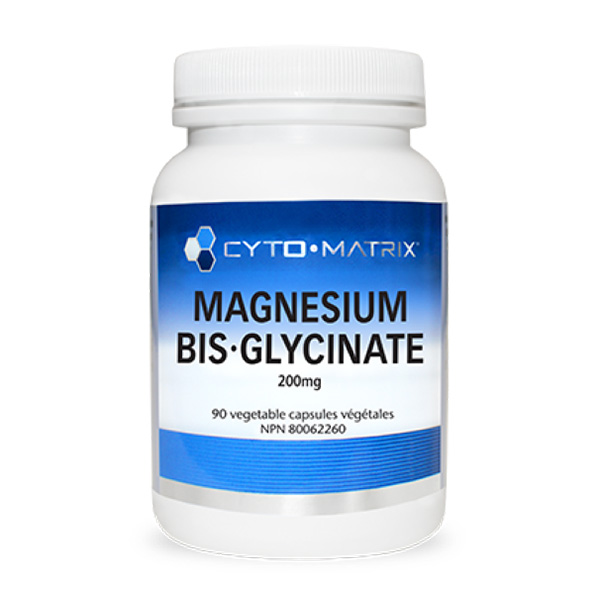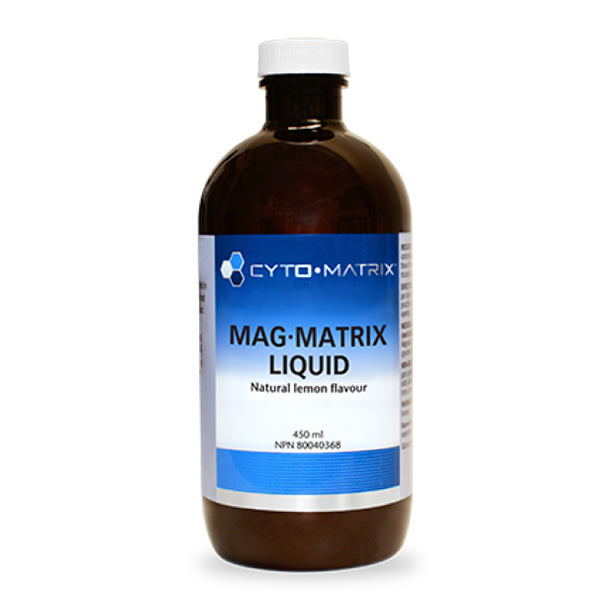Description
MedCaps T3
- Made In Canada
- Helps in connective tissue formation
- Helps in the function of the thyroid gland
- Antioxidant for the maintenance of good health
- Helps in the absorption and use of calcium and phosphorus
- Helps the body to metabolize carbohydrates, proteins, and fats
- Helps to prevent Vitamin E deficiency in men and non-breastfeeding women
- Helps to maintain healthy skin, immune function, eyesight, and membranes
- Helps in the development and maintenance of night vision, bones, and teeth
- Calcium intake, when combined with sufficient vitamin D, a healthy diet, and regular exercise, may reduce the risk of developing osteoporosis
lodine The thyroid gland produces two main iodine-containing hormones: thyroxine (T4) and triiodothyronine (T3). These hormones circulate in the bloodstream and work on every living tissue and cell to regulate metabolism and growth. Of the body’s iodine pool (about 15 mgs in adults), 80% is contained in the thyroid gland. Iodine is primarily used as a substrate for the manufacture of T4 and T3, and healthy iodine status is imperative for normal thyroid function and thyroid hormone biosynthesis.[2] Because excessive iodine intake, like inadequate iodine intake, can negatively impact thyroid function, total supplementary and dietary iodine should be considered. Medcaps T3 provides 75 mcg of iodine from Atlantic kelp in each serving.
Selenium While the role of iodine has long been known, the mechanisms by which selenium exerts its beneficial effects on the thyroid gland have been elucidated more recently. According to Arthur et al, “Selenium is an essential component of many selenoproteins that regulate thyroid hormone synthesis, preserve thyroid integrity in conditions of marked oxidative stress, and control hormone metabolism in nonthyroidal tissues where the prohormone T4 is converted to biologically active T3 or its inactive isomer rT3.” The interactive and complementary relationship between iodine and selenium has become an area of interest and research. For instance, in an animal study, it was observed that a high iodine intake in the presence of selenium deficiency may permit thyroid tissue damage as a result of low thyroidal glutathione peroxidase activity. It was further noted that even a low selenium intake helped normalize circulating T4 concentration in the presence of iodine deficiency. Evaluation of emerging data supports “selenostasis” as an important aspect of thyroid health.
Zinc and Vitamins A and D Research suggests that inadequate intakes of zinc and vitamins A and D may impact thyroid hormone metabolism, circulating thyroid hormone concentrations, the thyroid’s response to iodine prophylaxis, and antithyroid antibody levels. Researchers further propose that vitamins A and D could increase the transcriptional activity of the thyroid hormone receptor-regulated genes. Expression of these genes affects growth, differentiation, development, and metabolic homeostasis. More studies into the rolesof zinc and vitamins A and D will help to gain a better understanding of how these nutrients interact with thyroid hormones, iodine, selenium, and each other to influence thyroid health.
Retinyl palmitate is used in this formula rather than beta-carotene because certain individuals may lack the ability to effectively convert beta-carotene or other carotenoids into vitamin A. It is also important to note that vitamin D facilitates intestinal calcium absorption and therefore helps maintain the ratio of calcium to phosphorous, which can be affected by low thyroid function and certain thyroid therapies.
Vitamin E and Rosemary “Oxidative stress” denotes an imbalance between the production of oxidants and their elimination by antioxidative systems. Studies support the concept of reducing oxidative stress in order to protect thyroid cell health and maintain normal thyroid cell growth and lifecycle. Furthermore, because active oxygen radicals can inhibit the activity of an enzyme involved in the conversion of T4 to T3, reducing oxidative stress may have a two-fold application in thyroid health. Antioxidative components in Medcaps T3, such as vitamin E and rosemary, may help protect thyroid cells/tissue and also support the enzymatic conversion of T4 to T3 by scavenging damaging free radicals.
Guggulsterones and Ashwagandha Researchers have demonstrated the positive influence guggul extract can have on thyroid function and blood lipid metabolism. In one study, the gum resin of Commiphora mukul (guggulu) reversed induced decreases in thyroid hormone and 5′-deiodinase activity in an animal model of low thyroid function. Ashwagandha (Withania somnifera) is an Ayurvedic herbal tonic or adaptogen that has been used for thousands of years. Animal research suggests that ashwagandha is capable of stimulating thyroid function in mice.
Ingredients
Supplement Facts
Serving Size: 2 Capsules
Servings Per Container: 60
| Amount Per Serving | % Daily Value | |
|---|---|---|
|
Vitamin A (as retinyl palmitate) |
450 mcg | 50% |
|
Vitamin D3 (cholecalciferol) |
5 mcg (200 IU) | 25% |
|
Vitamin E (as d-alpha tocopheryl succinate) |
33.5 mg | 223% |
|
Iodine (from organic Icelandic kelp)(Laminaria digitata)(stem and leaf) |
75 mcg | 50% |
|
Zinc (as zinc citrate dihydrate) |
5 mg | 45% |
|
Selenium (as L-selenomethionine) |
100 mcg | 182% |
|
Guggul Extract (Commiphora mukul)(oleo-gum-resin) |
500 mg | ** |
|
Rosemary Extract (Rosemarinus officinalis)(leaf)(5% rosemarinic acid) |
50 mg | ** |
|
Ashwagandha (Withania somnifera)(root) |
50 mg | ** |
Directions & Cautions
Recommended Dose
Adults: Take one capsule per day. Take with food, a few hours before or taking other medications.
Consumption with alcohol, other drugs, or natural health products with sedative properties is not recommended. Consult a healthcare practitioner prior to use if you have a thyroid disorder. Consult a healthcare practitioner if you are taking beta-blockers (e.g. propranolol) or the calcium channel blockers (e.g. Diltiazem). Consult a healthcare practitioner if you have coagulation disorders and/or are at risk for bleeding or are taking anticoagulant or antiplatelet medication. Do not use if you are pregnant or breastfeeding. Discontinue use if gastrointestinal discomfort, headache and/or skin rash appear.
DISCLAIMER: While we do our best to keep the information on our website up to date, some product’s packaging or description may not match the manufacturer’s listing. As such, we always? recommend that you read labels, directions for use, and warnings of the purchased products though the manufacture’s website and not rely solely on the information provided here. Furthermore, information and statements on this website regarding dietary supplements?have not been evaluated by Health Canada or the Food and Drug?Administration in the United States, and are not intended to diagnose,?treat, cure, or prevent any disease or health condition.
| Weight | 0.1 kg |
|---|
